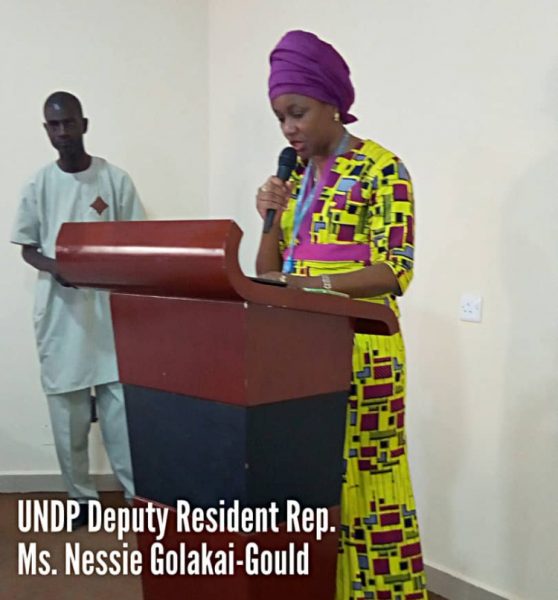

The training workshop brought together journalists from the print, electronic and online media, and is organised by Gambia gov’t in partnership with United Nations Development Programme (UNDP).
In her opening remarks, UNDP deputy Resident Representative, Nessie Golakai-Gould, said the training session constitutes an important opportunity for members of the media to build capacities on transitional justice that would enable them to do their work adequately.
She said the training workshop aims at supporting media practitioners to build their knowledge on the TRRC processes, but also to strengthen their capacities by providing them with the necessary skills and tools to understand selected transitional justice mechanisms, truth commissions, criminal prosecution, and institutional reform.
The tiny West African nation is emerging from two-decade long dictatorship marked by arbitrary arrests, enforced disappearances, and extra-juducial killings. The new regime has vowed to right the wrongs of the past in setting a truth commission. The training session aimed at enabling journalists to be acquainted with issues revolving around truth commissions.
UNDP deputy Rep. further stated that transitional justice is complex, multidisciplinary, multidimensional.
“People and the victims remain at the centre of this process,” she emphasized.
As Gambia is about to embark on transitional justice mechanism, she outlined the crucial role the media and civil society will have to play in this process, adding it is very important for them to understand the full spectrum of the TRRC that has been designed for The Gambia.
The Sollicitor General, Cherno Marena, who deputised for Justice Minister Aboubacarr Tambadou, said the training session is part of a process of transitioning from the shadows of dictatorship to a new era.
He described the country’s transitional justice model as an ‘unique one’ as it has particularly tailored to the Gambian situation.
Marena urged journalists to speak from an ‘informed angle’ when disseminating information about the Truth, Reconciliation, and Reparations Commission (TRRC).
“This is a model with an inbuilt mechanism for justice to be done in an appropriate way,” he added.
Speaking on behalf of TRRC Executive Secretary, Dr.Baba Galleh Jallow, the International Centre for Transitional Justice (ICTJ), Joanna Rice, said the success of the process depend on members of the media and civil society.
“The legacy of the truth commission will be very short. So, so much of our success will depend on you,” she told participants.
Written by Abdoulie JOHN



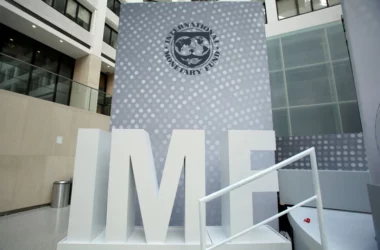
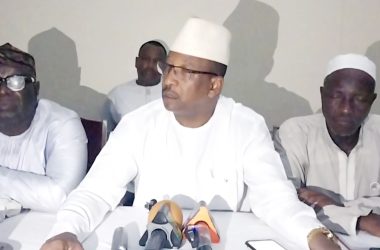
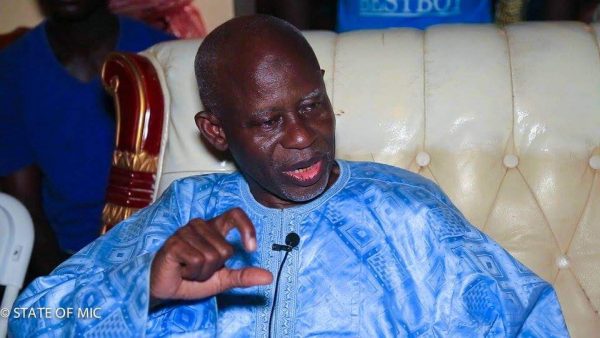
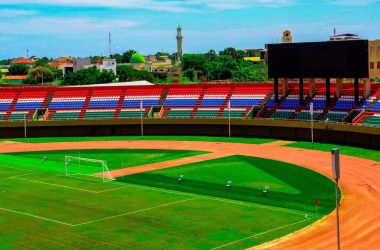
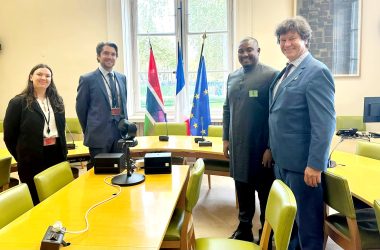
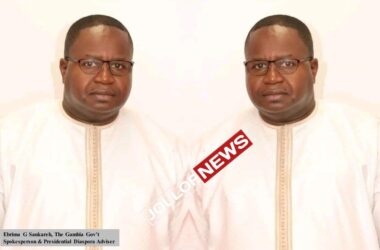

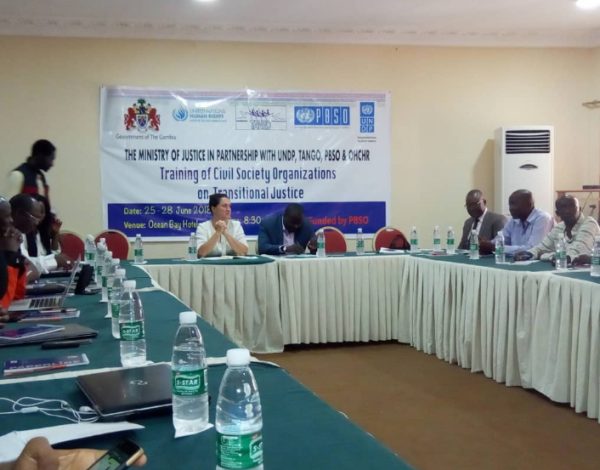
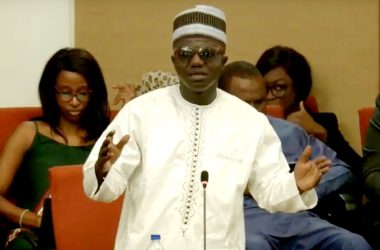

Will the mandate of the TRRC covers the killing of innocent civilians at Faraba Banta? It appears that the recent incidence at the home of the new UTG campus have put the credibility of the TRRC in tatters.
It is preferred that journalists simply REPORT the proceedings of the TRRC, not construct the narrative for public consumption.
Question:
1. Should Yahya Jammeh be engaged to testify.
2. What should be the rules of engagement.
3. Will Gambians agree to a complete executive pardon in exchange for Yahya Jammeh’s testimony and full cooperation.
It is my hope that the commission will articulate its mandate and the rules of engagement for victims and perpetrators prior to beginning of hearing.
Dr Isatou Sarr,
When we talk about our predicaments in situ, you start jiving/digressing from the current issues. What should the TRRC call President Jammeh for without calling Adama Barrow for deliberately gunning down the Kombo Faraba Banta youths and Haruna Jatta?
Your horrendous and CORRUPT administration is marred with the Haruna Jatta and Faraba Banta youths’ blood. Should that be sidelined in delivering equitable justice?
That’s your USA justice, with political prisoners being tortured so inhumanely in Guantanamo, they ask for justice in other parts of the world!!
Babu that argument sounds very much like a Trump.